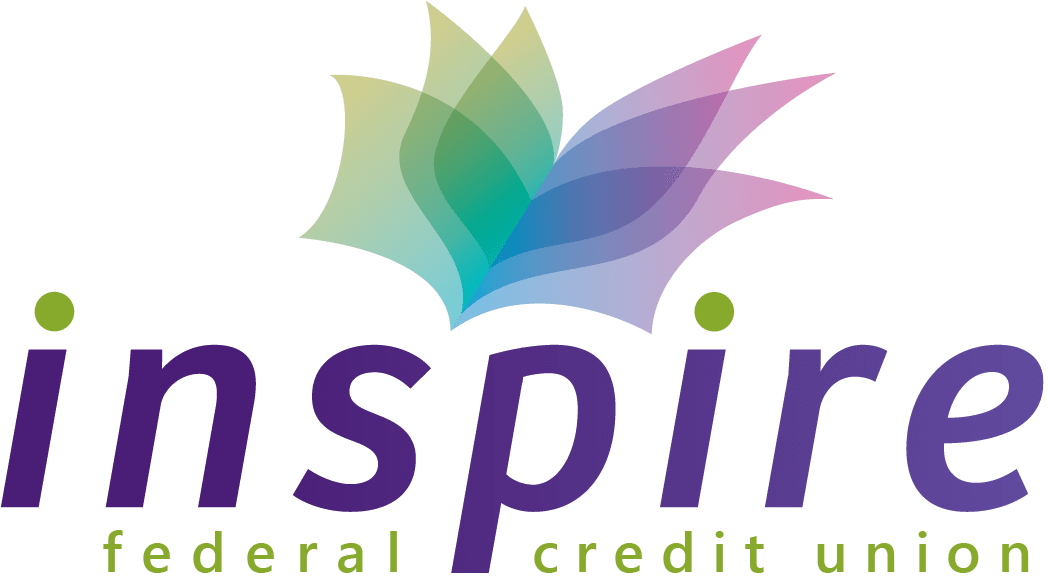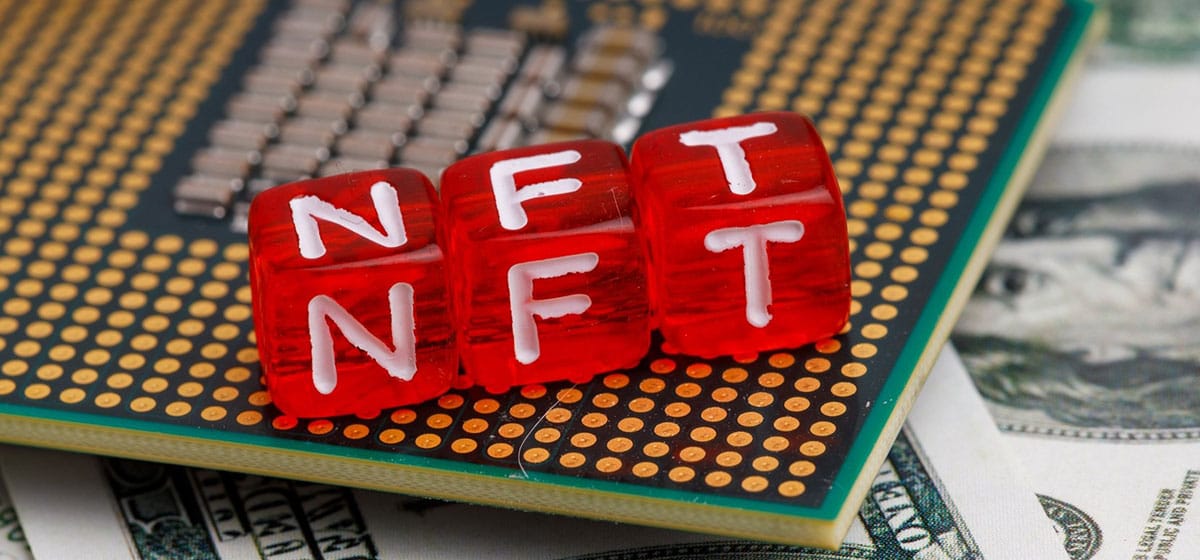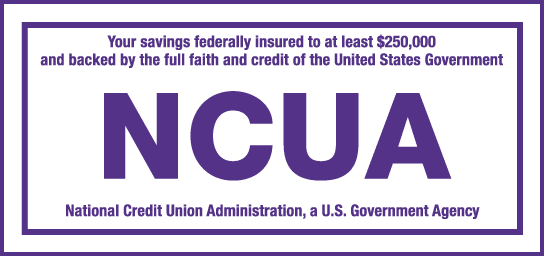If you’ve spent any time online or watching TV over the past year, you’ve probably been inundated with a slew of advertisements promoting “non-fungible tokens,” more commonly known as NFTs. But despite the hype, excitement, and celebrity endorsement surrounding the industry, many still don’t quite understand what an NFT even is, let alone how they work. That’s why we’re here to help navigate the NFT pitfalls you might encounter.
What Actually is an NFT?
NFTs are digital assets meant to stand in for something that exists in the real-world. An NFT can be a music video, a piece of digital art, a video game character model, or even a GIF. It’s essentially just a digitized artistic piece of media that can be bought and sold.
Believe it or not NFTs aren’t as new as you think — they have existed since 2014. Due to the rise of crypto currency, the NFT market has boomed into a $41 billion industry as artists have used NFTs as a way to trademark and sell their art.
Is NFT Crypto Currency?
No. Unlike crypto currency which operates like a digital stock market of coins, NFTs have a digital signature, making them more about owning novelty pieces of digital art and media. Also, unlike crypto, they cannot be traded, though they can be resold.
How NFT Ownership Works
Similar, however, to crypto currencies, NFTs exist through the blockchain, an online public ledger that tracks distribution and transactions of digital “goods”. The owner of an NFT possesses the specific authentication codes that gives them direct ownership of any given NFT. The major issue is that if a video, art piece, or digital image exists online, it can be downloaded or even screenshotted by anyone who has access to viewing the piece of media. So, while ownership can be tracked in digital records, there’s no guarantee of control of the distribution of said media. Already sounding a bit complicated, isn’t it?
Worries Surrounding NFTs
To be frank, NFTs are an incredibly high risk and volatile investment. There is rampant possibility for fraud, with scammers being able to potentially hack through blockchain to claim ownership of an NFT. An NFT’s resale value is also entirely dependent on what the market wants and is willing to pay, with plenty of horror stories of investors paying $100,000 for a digital piece of art they could only sell for a few thousand later. There’s also a lot of moral criticism of the NFT market’s negative impact on the environment because of the massive amounts of power needed to keep blockchain servers secure and in operation.
Are There Any Pros to NFTs?
Despite the possibility for early investment high growth, NFTs have always been high risk, high reward. And with the recent crypto crash, the rewards seem to be dwindling in the NFT market. NFTs certainly have the potential to diversify your portfolio, and many NFTs can give access to real world events or communities. But in the past few months, NFTs seem to be more for collectors pursuing a hobby rather than investors securing a new financial opportunity.
Should You Invest in NFTs?
It’s hard to recommend anyone use NFTs as an investment opportunity with the current NFT market trends. Like any sort of art market, the value of an NFT is entirely in the eye of the buyer. If you are excited about ownership of a particular gif, video, art piece, or piece of digital media, owning it as an NFT can be an exciting way to pursue a collector’s hobby. But when it comes to investing in your future, you’re far safer making more traditional investments and saving for a future you can count on.
And for a surefire safe investment in your future, Inspire Federal Credit Union is here to help you save and plan your finances!
- Take advantage of our Share Certificate Specials to earn more on your money, 31-Month Certificate (2.01% APY*) and 21-Month Certificate (1.80% APY*). Check out our other share certificate options, too.
- Utilize our Investment Services to plan for your future and take out either a Traditional IRA or Roth IRA.
- Use our Premium Purple Savings account or Premium Business Savings account to get a higher yield on your money.
- Earn dividends through our High Yield Checking account and Premium Business Checking account







